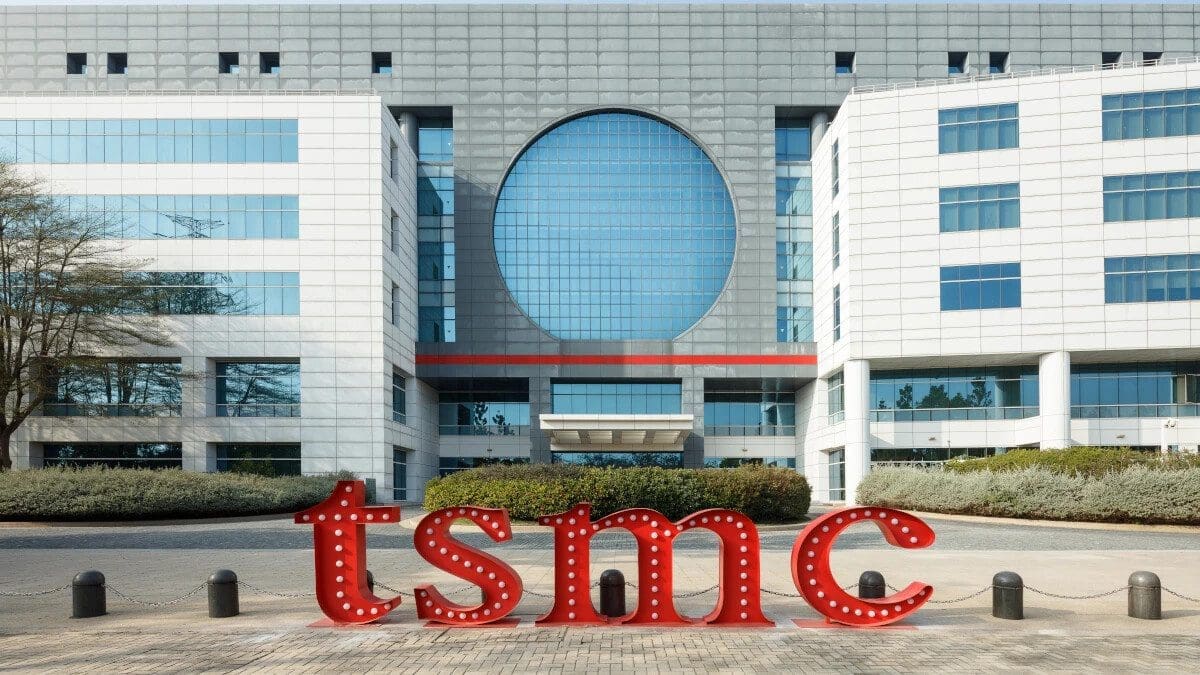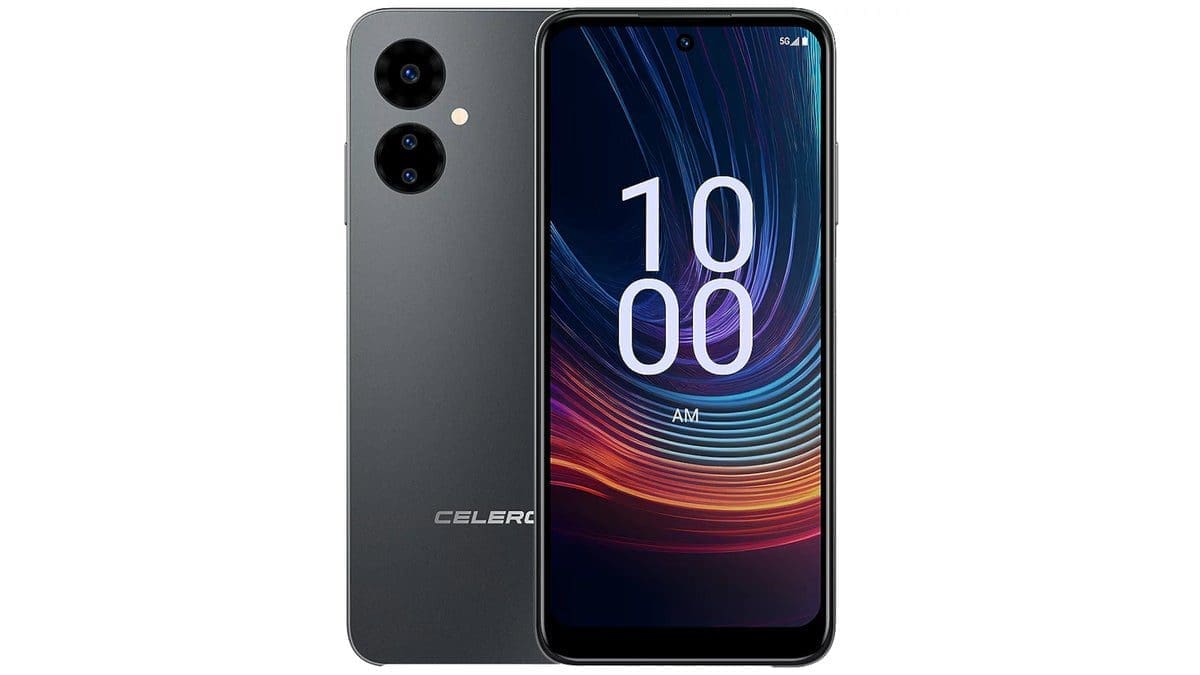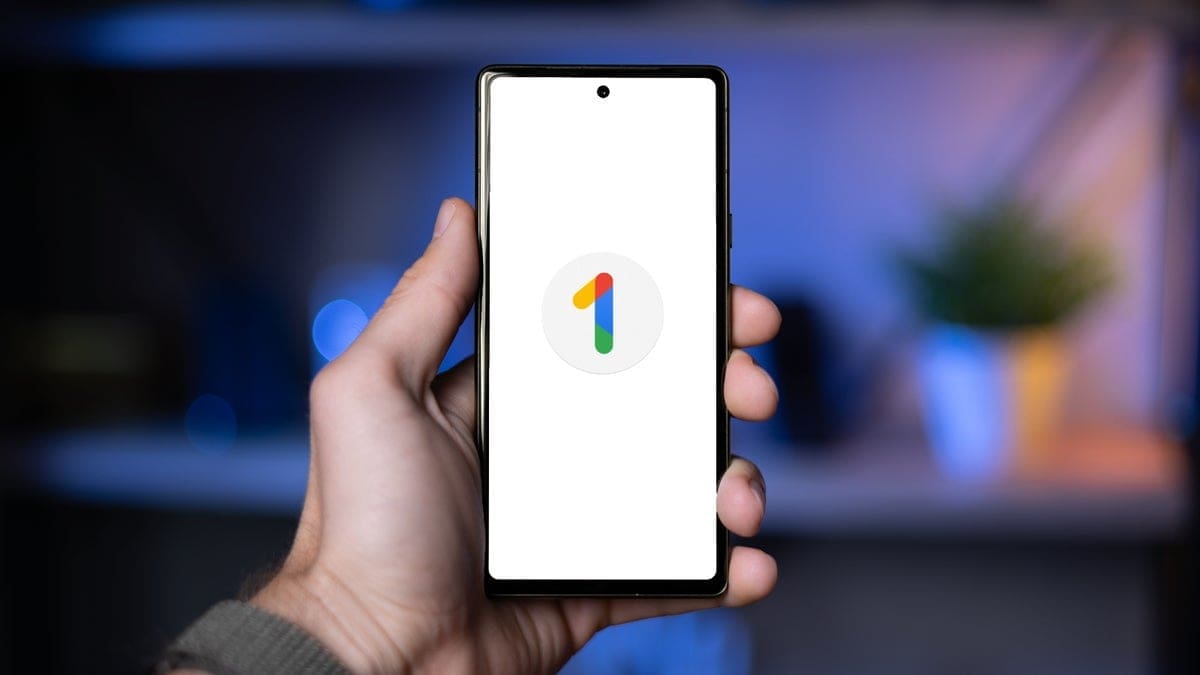Intel’s A18 chipset, known as the 18A node, is set to compete with TSMC and Samsung Foundry’s 2nm chips. This achievement will be made possible through the use of Gate-All-Around (GAA) transistors, which feature vertically placed horizontal nanosheets. This design allows the gate to come into contact with the channel on all four sides, resulting in reduced current leakage and increased drive current.
Additionally, Intel will adopt backside power delivery with the 18A node. This means that power distribution within the chip will be done through the back side of the silicon wafer, rather than the front side as is typically done. Backside power delivery enables shorter and wider power lines, reducing resistance and congestion compared to current frontside power delivery methods.
While this may make Intel, TSMC, and Samsung Foundry appear on par with each other, other factors such as yield, thermal performance, and more can greatly influence chip designers’ decisions when selecting a foundry to partner with.
Currently, TSMC holds the position as the global leader in chip manufacturing. Morris Chang, the founder of TSMC, does not view Intel as a major threat to his company, despite U.S. support for Intel Foundry Services. Chang believes that even if Intel achieves high yield rates and low pricing, it will still be overshadowed by TSMC.
Chang also mentions that other foundries are leveraging geopolitical fears, such as concerns regarding China’s potential invasion of Taiwan, to gain business from TSMC. He acknowledges that this creates a challenging period for TSMC but emphasizes the importance of continued investment in production capacity and process technology.
Apple, a major customer of TSMC, used to rely on Samsung Foundry for its iPhone’s application processor. However, this partnership ended with the A8 chip as Apple aimed to reduce its dependence on Samsung. Currently, Intel is another potential partner for Apple. Although Apple faced challenges when turning to Intel for 5G modem chips during its dispute with Qualcomm, it remains to be seen if Apple will consider Samsung Foundry as an alternative in the future.
Ultimately, the success and leadership of Intel in the chip manufacturing industry, as well as the resolution of geopolitical issues and Apple’s choice of foundry, will only become clear in the future. Until then, these factors will continue to shape the industry and spark discussions about their impact.












